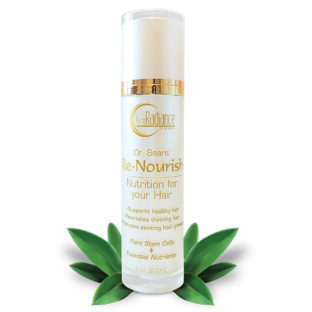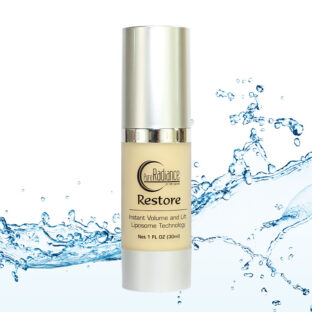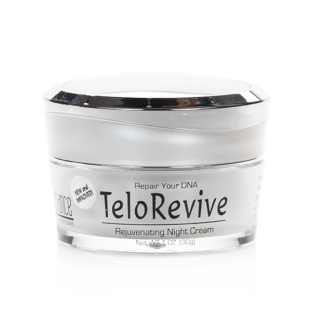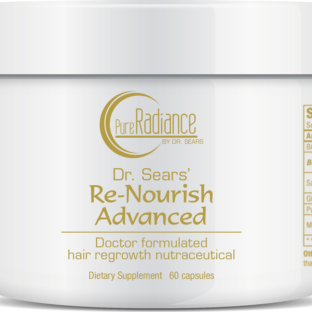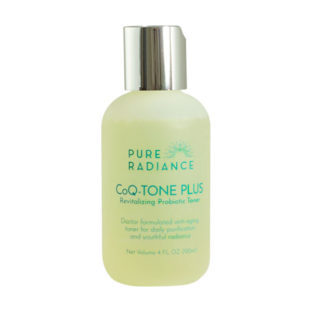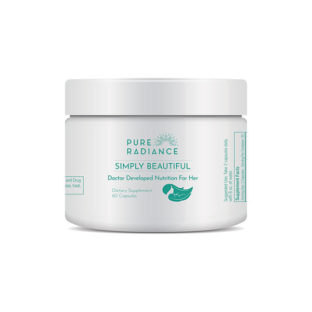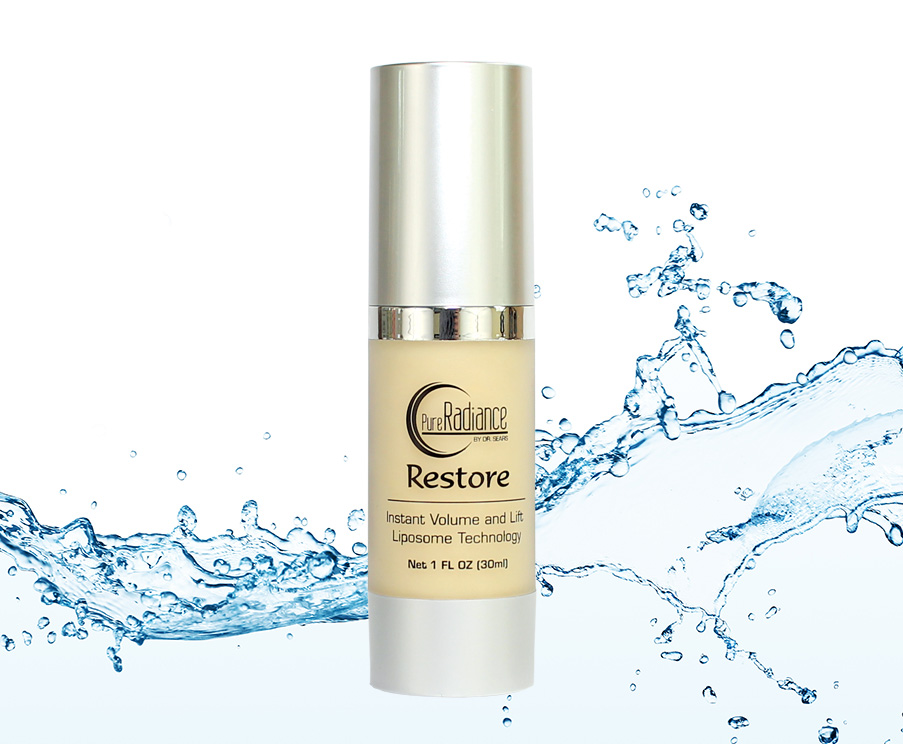It shocks people to find out that I don’t use anti-bacterial soaps or hand sanitizers.
But it shouldn’t… because these products don’t work.
Advertisers almost make it seems reasonable that you should use something to “sanitize” your hands from all the “harmful” bacteria.
In fact, most people firmly believe that anti-bacterial soaps are better for you than regular soap.
But it’s just not true.
A recent study split volunteers into two groups. One group washed with anti-bacterial soap, the other with only water. Researchers measured the number of viable bacteria on their hands after washing and found that the number was exactly the same for each group.1
Hand sanitizers are no better.
A study conducted by the University of Virginia tested hand sanitizers on two different groups. The first group used a hand sanitizer every three hours for a total of 10 weeks. The second group did not and continued with their lives as usual.
The participants in the groups saw no differences in the viruses on their hands.2
What’s worse is that anti-bacterial soaps can trigger a number of problems, including:
• Cough
• Sore throat
• Runny nose
• Fever
• Diarrhea
• Vomiting
Even if you somehow could reduce the number of bacteria on your hands, there’s no reason why you should. Unless you’re a surgeon, believing you have to sterilize yourself is a mistake. You’re isolating yourself from the natural world we were born to thrive in.
Our natural world is not sterile. We are meant to be exposed to bacteria.
So here’s what to do instead. Naturally boost your immune system’s strength. That way, your body can easily fight off the bacteria you normally encounter in your environment. Here are three easy ways to help your body protect itself:
- Sleep well each night. Sleeping gives your immune system the opportunity to fight off illness and outside attack. Studies have shown that sleep is an essential regulator of immune function.3 Research also shows that less than seven and more than nine hours of sleep can negatively affect your health.
If you have a difficult time getting to sleep at night, remember to spend time outdoors each day in natural sunlight. This will trigger the natural hormone melatonin to help you fall asleep and sleep even more deeply at the proper time each night.
- Get Enough Vitamin D. Vitamin D is essential to normal immune response. The first thing immune cells do before they fight attackers is look for vitamin D. If your vitamin D level isn’t normal, your immune function won’t be normal, either.
Going outside in the sun not only helps regulate your sleep cycle, but also helps you produce your daily vitamin D. If you can’t get out in the sun for 20 minutes each day, there are a few foods you can eat that have lots of vitamin D. These include eggs, mushrooms, alfalfa and small fish like herring.
Another is cod liver oil. One teaspoon contains 1,360 IU of vitamin D. If you need to supplement, I recommend at least 2,000 IU each day.
- Don’t forget raw garlic. To give your body the strength it needs to fight off harmful bacteria, try nature’s antibiotic: raw garlic. It helps stimulate your immune system and can even wipe out bad bacteria in the gut while keeping the good bacteria in your digestive system intact.
These good bacteria, called flora, help you produce B vitamins and are vital to strengthen your immune system.
To Your Good Health,
Al Sears, MD
1 Long, Paul F., PhD, Shepherd, Owen, HNC, Clifford, Sarah, PhD, et al, “The Efficacy of Antibacterial Travel Wash Soaps,”Journal of Travel Medicine March 2006;13(2): 114
2 Turner, Ronald B., University of Virginia, Annual Meeting of Interscience Conference on Antimicrobial Agents and Chemotherapy. Boston, 2010
3 Reis, E.S., Lange, T., Köhl, G., et al, “Sleep and circadian rhythm regulate circulating complement factors and immunoregulatory properties of C5a.” Brain Behav Immun. Apr 23, 2011


